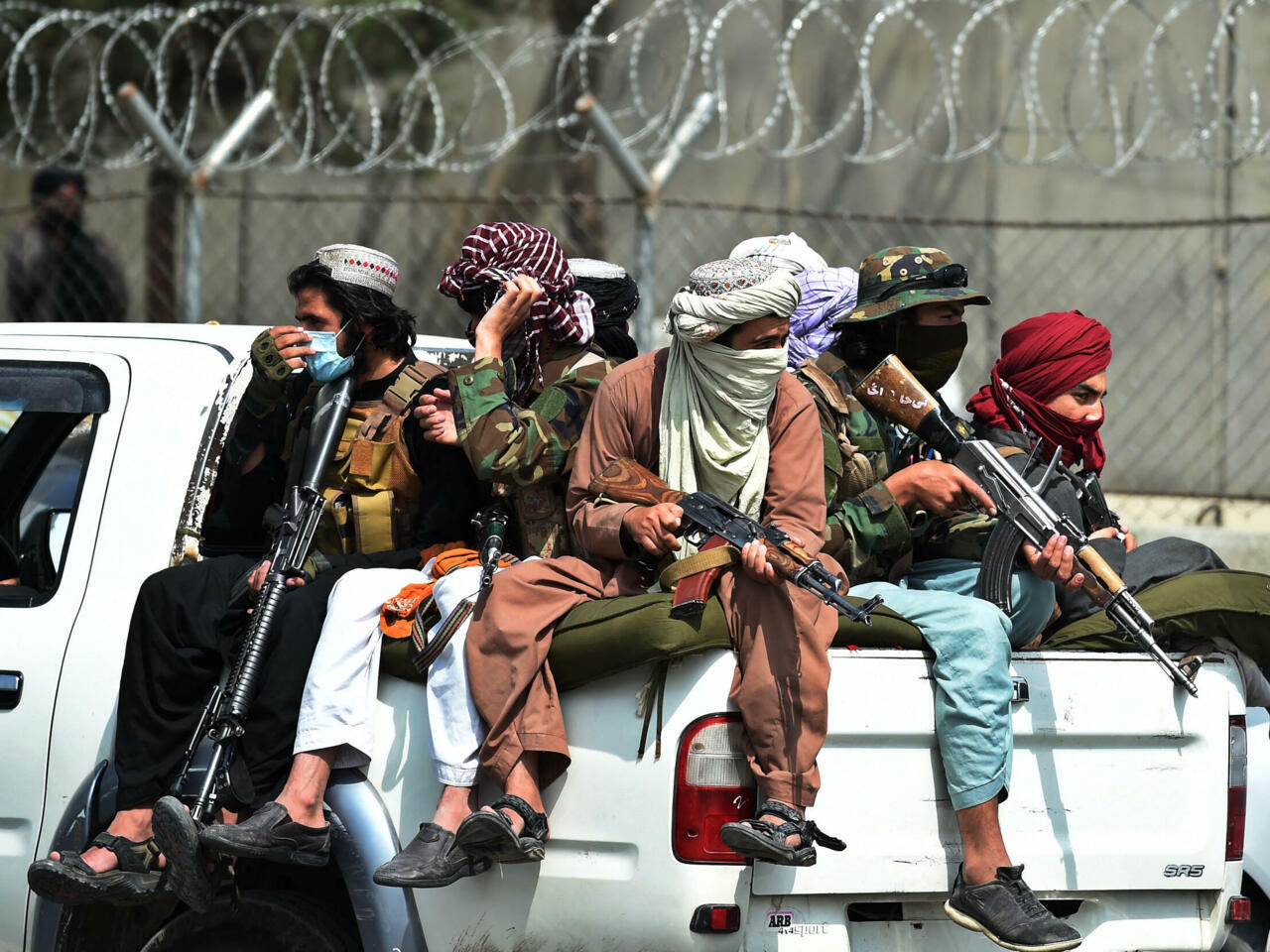In what could mark a significant escalation in Middle Eastern geopolitics, credible reports emerging from diplomatic channels in Doha indicate that senior Taliban officials currently based in Qatar have offered to deploy thousands of their fighters in support of the Qatari military, allegedly in response to the recent strikes that rocked parts of Doha.
The development, though yet to be officially confirmed by either the Qatari government or the Taliban leadership in Kabul, has triggered a wave of speculation and concern among regional observers. Sources close to ongoing discussions suggest that the Taliban, who maintain a political office in Qatar and have been engaging in diplomatic efforts since the U.S. withdrawal from Afghanistan, are positioning themselves as potential military allies to Qatar in what may be shaping into a broader regional confrontation.
The reported offer is seen by analysts as a bold attempt by the Taliban to assert strategic relevance beyond Afghanistan’s borders, potentially aligning themselves with Qatari interests following what appears to be a targeted attack on Qatari territory—though the origin and intent of the said strikes remain shrouded in mystery. Doha has not publicly pointed fingers, but there is mounting unease over what some believe could be a proxy escalation involving regional power players.
Qatar, which has traditionally maintained a delicate balance in Middle Eastern diplomacy, hosts the largest U.S. military base in the region and has played a key mediating role in conflicts involving Hamas, the Taliban, and other non-state actors. The offer of armed support from a group like the Taliban, long considered controversial on the global stage, could significantly complicate Qatar’s diplomatic posture, especially as tensions continue to rise in the wider Gulf and Levant regions.
Military experts warn that any acceptance of such an offer could alter the dynamics of existing alliances and draw Qatar into deeper entanglements, potentially inviting criticism or sanctions from Western allies. However, some believe this move may be more symbolic—an attempt by the Taliban to demonstrate loyalty to Qatar, which has provided them political accommodation and served as a crucial venue for their international negotiations.
As the situation evolves, global attention remains fixed on the Gulf, where rising instability, shadow conflicts, and shifting allegiances continue to shape a volatile and unpredictable regional landscape.
The reported Taliban-Qatar overture, if substantiated, could mark a new and unsettling chapter in the ever-evolving power play of the Middle East.

